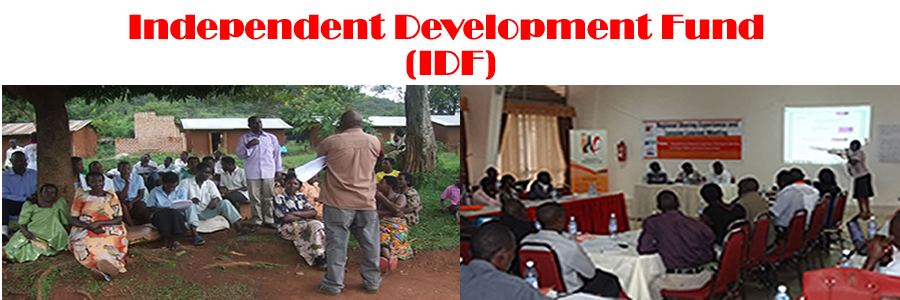In 1998, Uganda
enacted a Land Act, which was supposed to address historical gender imbalances
in land ownership and usher in a new era of women's rights, although the act
recognized women’s rights to land, the act did not provide for co-ownership of
family property by spouses. Even though such statutory law
does not bar women from owning property, the reality within which they live
effectively denies them this. The many
socio-cultural practices that discriminate against women particularly the widowed and divorced, coupled with
certain customary practices, like the giving of bride wealth and polygamy
reduce women's security on land.
Many women in Uganda today continue to be defenseless victims of illegal evictions from customary land in the face of
customary law which is still strictly observed in many parts of the country. The
law on cohabiting couples has also not been well spelt, and or understood by
many leaving several cohabiting women defenseless and vulnerable to rights
abuses;
One Justine Pitho cohabiting with Mr. Amura
Orach in Kyantamba village, Dwaniro sub-county –Kiboga district, was living
happily with her husband until she requested to use part of the family land for
commercial farming. Justine also suggested renting out a small fraction of the
land to raise more income to support their children. Suspicious of Justine’s
intentions, Amura rejected Justine’s request. He argued that Justine was only disregarding
his authority as a family head and was also plotting to sell off his land. No
amount of talking would get Amura to believe Justine, they argued and disagreed
about the issue so much so that Amura pounced on Justine and beat her
seriously. Amura also asked Justine to leave his home immediately, calling her
a witch who had brought misfortune to the family. He accused her of the late
brother’s death saying it was part of her plan to kill his family members and
then take up the land.
Justine shared her situation with a friend
who showed her to a community based paralegal, Afisa Namammonde working with Uganda Community Based Association for Child
Welfare (UCOBAC). UCOBAC is an IDF grantee implementing a women's land
and property rights project in Kiboga district. This project focuses at empowering
women, their families and communities through increasing their ability to
exercise their land and property rights.
Afisa
talked to Amura about the wife’s situation and how her request/suggestions were
not bad afterall but he wouldn’t listen. He instead incited the whole clan
against Justine. Afisa then engaged the local Council I and III Chairpersons, the
Police, Probation Office and the Chairperson of the area land committee. They
advised that a meeting be held with the troubled couple to help them resolve
their differences. From the discussions
held, it was agreed that Justine would be allowed to till the land since this
was beneficial to the family; however renting would be put on hold since she
was not legally married to Amura neither was she a co-owner on the land in
question. The couple was further counseled on marriage, educated on land/property
rights and domestic violence and the effects these conflicts would have on
their children. A letter from the district Probation Office was issued to
affirm what had been agreed on, and today, Justine is happily cultivating the
family land.
Whereas the law and some cultural
practices/systems aren’t providing outright justice to women whose rights have
been violated, there can still be ways of ensuring that the victims access
redress of their plight. Through IDF’s support, these redress mechanisms are
being seen to function and enable women enjoy their entitlements and live full
lives like other people in the society. Disrespect, discrimination, and abuse
of women is being seen to decrease where specific interventions have been
directed towards this cause of promoting and protecting women rights.
